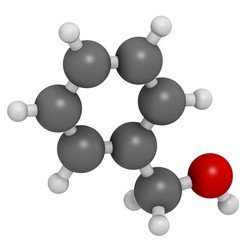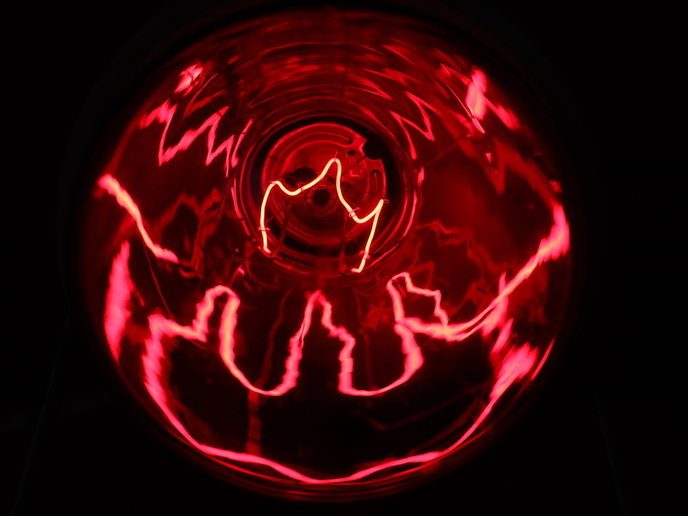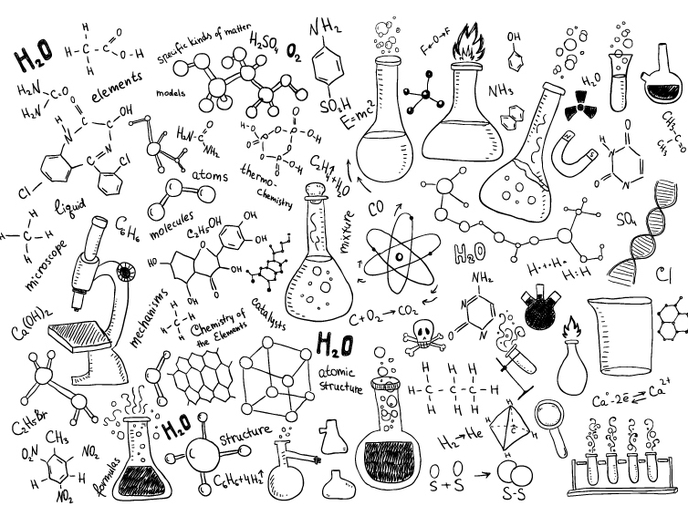A systems approach to catalyst discovery
Discovering new catalysts is a complex multidimensional challenge often requiring extensive experimentation before achieving a lead result. This process can be facilitated through the use of creative screening approaches and high throughput experiments, which help to speed up lead identification. The CAR-CHASE project helped EU-funded scientists to harness complex mixtures of in situ-generated catalysts through a combination of catalysis, dynamic covalent chemistry, asymmetric organic synthesis and green chemistry. Complex chemical systems that self-organise were developed that enable direct asymmetric reactions of allylic and benzylic alcohols and produce water as the only byproduct. Researchers began by developing a combinatorial discovery strategy based on the screening of complex mixtures of pre-catalysts and ligands against other reaction parameters, enabling lead conditions to be quickly identified. By repeatedly separating out the resulting hits into their component parts, scientists were able to identify those that contribute to the lead in situ-generated catalyst. Proof of principle of this approach was demonstrated by uncovering new catalytic conditions for reactions catalysed by boron and nickel. Automatic analyses of the successful hits obtained from this process were then used to develop second-generation transformations. Scientists were particularly successful in developing catalysts for the direct use of alcohols in dehydrative carbon-carbon bond-forming reactions with water as the only product. This set of reactions was of particular interest because of the role they play in sustainable chemical synthesis. CAR-CHASE results showed that taking a systems approach to catalysis for organic synthesis can be an effective way to rapidly discover new reactivity. It can also reveal new mechanistically interesting cooperative effects and help to uncover catalysts that are mutually compatible for use in one-pot sequences of catalytic transformations. This approach wherein multiple catalytic reactions are executed in a single flask is known as multi-catalysis.







